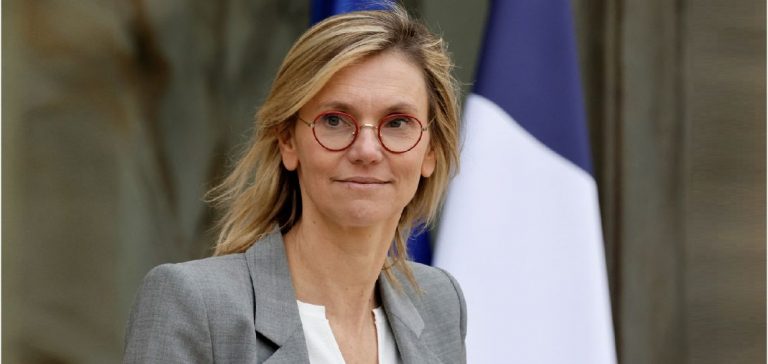The Minister of Ecological Transition and Energy, Agnès Pannier-Runacher, expressed reservations on Wednesday about the introduction of a new tax on power production plants. This measure, potentially lucrative for the state with expected revenues of 3 billion euros, could nonetheless lead to a direct increase in energy bills for French consumers.
During an interview on BFMTV, Ms. Pannier-Runacher emphasized the potential consequences of such taxation. “Imposing a tax on energy companies risks being immediately reflected in the bills of the French people,” she said. This scenario arises within an economic context where households have already faced a significant rise in energy costs over the past few years.
Economic and social impact of the tax
The minister reiterated the importance of vigilance in energy taxation, referring to comments made by the Prime Minister on the need to control rising energy prices. “The French have endured three years of increasing energy costs. We are now at a point where markets are starting to stabilize, and this should eventually be reflected in the bills of the French,” she added.
This tax, initially proposed by former Economy Minister Bruno Le Maire, is still under discussion between electricity sector stakeholders and the government. To date, no official announcement has been made regarding its implementation. “The budget is not yet fully decided. Therefore, I will remain cautious on these topics,” the minister specified.
Reactions from the electricity sector
Economy Minister Antoine Armand, interviewed on RTL, did not confirm for now whether the tax would be retained or not. “We presented our project to the High Council of Public Finance. We will have the opportunity to present it next week,” he said. This contribution, referred to as the “contribution on inframarginal rents” (Crim), targets production facilities exceeding 260 megawatts, including nuclear, hydroelectric, wind, and gas plants.
The main companies affected by this measure would be EDF, due to its large nuclear fleet, followed by Engie, TotalEnergies, and Iberdrola. According to a source close to the matter, EDF could see its contribution reach around 2.7 billion euros. This possibility has raised concerns within the electricity sector, particularly regarding investments in decarbonized energies such as nuclear, wind, and solar power.
Implications for decarbonized investments
The implementation of this tax could hinder investments in green technologies, which are crucial for the energy transition. Sector stakeholders fear that additional costs will be passed on to final electricity prices, making renewable energy projects less attractive and thus delaying carbon reduction targets.
The previous version of this tax had already generated significant revenues, with 400 million euros in 2022 and 300 million euros in 2023. These funds were reinvested in various energy programs, but concerns remain that the new tax could be used similarly, increasing the burden on consumers.






















